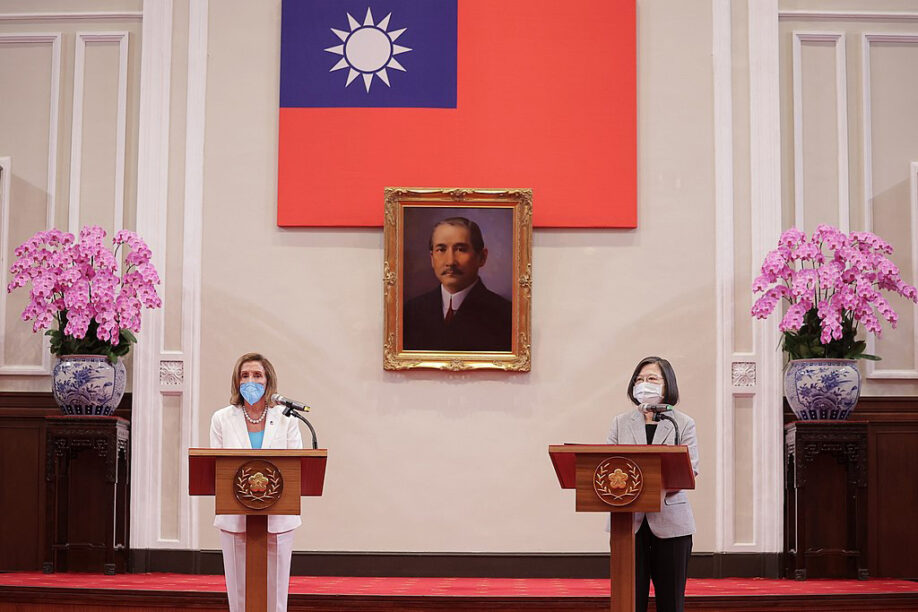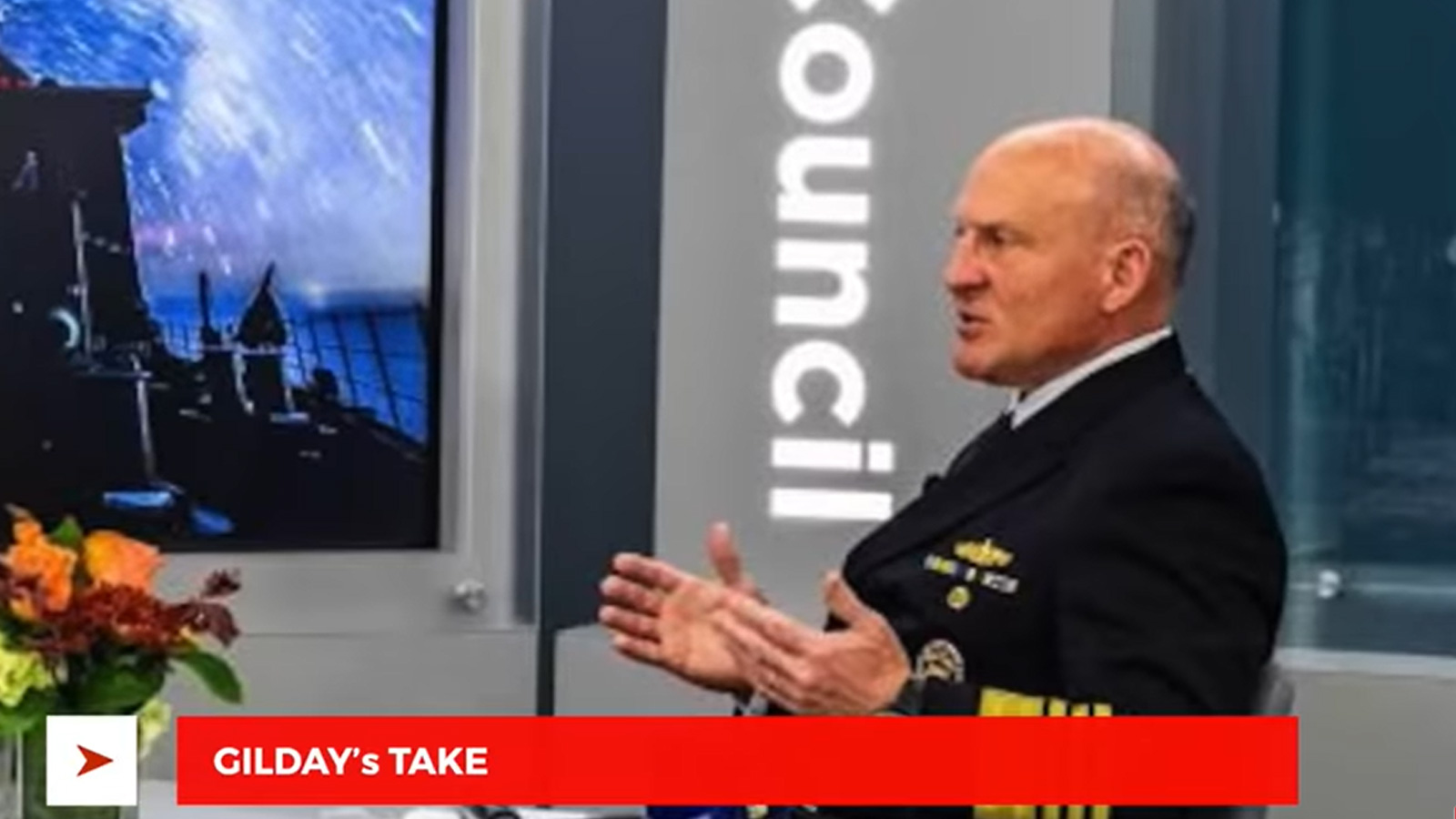Late last year, some expert—a US navy admiral—was predicting that Taiwan could be invaded by China within the year.
By this point, it was already October; the admiral’s prediction failed to take into account that if a Chinese attack were to take place, troops would not quite be able to teleport into place. It would take several months for an invading force to be assembled on the coasts of China.
In recent years a seemingly endless number of western experts have predicted that China will attack Taiwan within the year, five years, a decade. This trend accelerated in 2021, after Admiral Philip Davidson, the head of US Indo-Pacific Command, said that he believed an attack on Taiwan would take place within six years. Davidson has continued to repeat this claim.
By 2027, these experts believe that China will have the military capacity to invade Taiwan. China has had far superior military force to Taiwan for most of recent memory, but there’s more to it than that. The predicted date is based in part on the fact that China does not have enough ships to carry the hundreds of thousands of troops that would be needed for an invasion. The logistical tasks, like having enough ramps to get enough troops onto ships for an invasion, are likewise considerable. And that’s not taking into account the tremendous death toll that China would see from an invasion—calculated to be in the tens of thousands, if not more—a catastrophe that would deal a significant blow to the political legitimacy of the Chinese Communist Party.
The economic cost of an invasion would be massive, as well, given the interlinked nature of the Taiwanese and Chinese economies, perhaps further stoking dissent. Civil unrest is already very high in the face of the death toll from COVID in China—likely over a million have died since the relaxation of draconian public-health measures. Protests on a scale not seen in decades broke out over COVID.
In short, China’s leadership would risk a backlash that threatens its fundamental political legitimacy if it were foolish enough to commit to an invasion. The fate of the Putin government in Ukraine has also demonstrated many other potential pitfalls of invading a neighboring country; these things don’t always go as planned.
But to be Taiwanese is to have lived a long time under shadowy fears about the future—or the past. China has tried to win Taiwan over by offering “One Country, Two Systems”, the framework under which the 1997 handover of Hong Kong to Chinese control took place. It was then agreed that 2046 was to be the last year that Hong Kong enjoyed a separate system of government from the rest of China, with the results we’ve seen over the last eight years.
The 1992 Consensus—an agreement supposedly reached between Taiwanese and Chinese authorities that there was only one China, but distinctive interpretations of that China—has been like a yoke binding Taiwan to China. But this consensus was not reached by the Taiwanese public per se; it was instead negotiated by the authoritarian KMT, which ruled over Taiwan for 38 years between 1949 and 1987—the world’s longest martial law period, since surpassed by Syria. It is even a question whether there ever genuinely was such a consensus. The DPP, the current ruling party, and historically the opposition party, views the 1992 Consensus a post-facto fabrication, concocted well after 1992 by the KMT.
Recent events leading to a greater international focus on Taiwan-China relations have revealed a stark perception gap between the residents of Taiwan, and those outside it. Life went on as usual during the aftermath of US Speaker of the House Nancy Pelosi’s visit to Taiwan, even as much of the international media panicked about the potential for world war.
Taiwan has had thousands of Chinese missiles pointed at it for decades. While there is such a thing as complacency, those directly in the line of fire are bound to have a more accurate perception of danger than do the talking heads on TV thousands of miles away.

Taiwan has historically been a geopolitical pawn between major powers that never was able to voice its own views, and this continues into the present, as the island has increasingly become an object of contention between the US and China. It’s unsurprising that a people never allowed to control their own destiny continually have that destiny spoken of by others. And yet words have power. Perhaps, if such warnings continue to be made irresponsibly, the likelihood of a self-fulfilling prophecy might increase.
The Pelosi visit illustrated this danger. As much of the world’s media went on endlessly about the possibility of imminent conflict, China was almost obligated to respond in stark terms—even if only to save face. That gave China a further pretext to conduct military exercises around Taiwan, a theatrical display of practicing for future military action.
That’s the way discourse works; it not only reflects reality, but contributes to its shaping. Global media covering these issues should consider that Taiwanese are too rarely consulted on their views of their own future. Changing that could, in fact, help prevent a conflict from ever happening.






